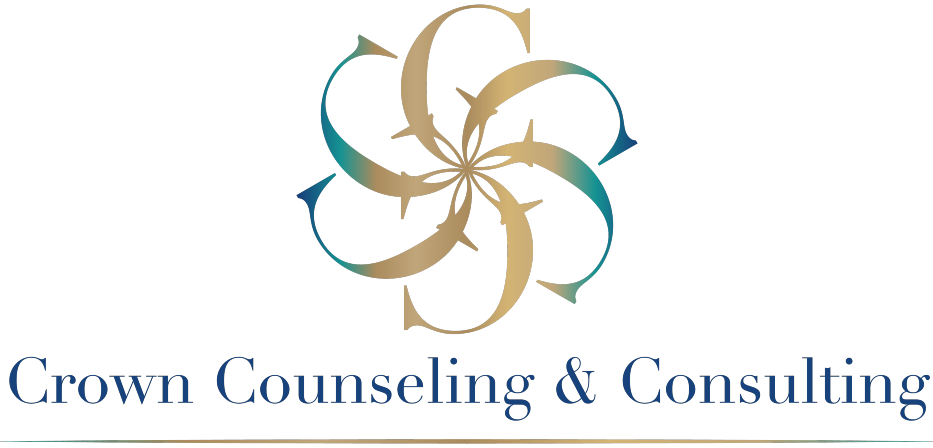Friendship Break-Ups
Friendship break-ups in adulthood are often more devastating than break-ups of the romantic kind. One of the primary reasons is that when we cultivate a new friendship, the fact that it could end never crosses our minds. Conversely, at the start of a romantic relationship, we have hope that it will not end. This implies that we have a level of awareness that there’s a possibility that it could end. We even have language for the end of a romantic relationship - divorce, separation, break-up. We don’t have the same type of terminology for the end of a friendship.
As a result, when friendship break-ups occur, people often report feelings of confusion, shock, disbelief, and sometimes shame. People describe experiencing cognitive dissonance. They try to wrap their head around it but have a hard time just making sense of what happened. Individuals often go down a rabbit hole trying to uncover what went wrong like an investigator trying to solve a mystery. They ask themselves questions like, “What did I do?” They will replay conversations in their minds, review old text messages, and relive past events trying to piece together the puzzle of what exactly happened.
Some of our closest friendships are the ones who have been a part of our lives for years. These friends have been there for our most joyous as well as our most painful life moments. This is the person that you had no doubt would always be a part of your world and now they just…aren’t. It’s difficult to accept that the friendship is over. And difficult is an understatement.
Sometimes we’re able to look back and pinpoint the exact point at which the shift began. Other times, there isn’t one specific event. It’s more of an extended period of awkwardness or tension between the two of you. You remember something felt a little off. The time between phone calls became longer and longer. And when you did speak to each other, conversations didn’t flow like they usually did. The vibes were off. There’s this unspoken tension that has crept in.
Next, you’re just trying to figure it out on your own. And you might find yourself wondering if what you’re noticing is actually happening or if it’s just in your head. More and more time is passing, tension is building, and the friends are drifting further and further apart.
Open and honest communication is the foundation of any healthy interpersonal relationship. If both parties were to have a conversation early on where they shared their concerns much of the problem could likely be resolved. However, both parties must be willing and capable of having an open dialogue. This type of transparency requires a level of vulnerability that one or both parties may not be comfortable with.
Now that the friendship break-up has occurred, more questions may arise. One of the hardest questions people grapple with is, “What does it mean that one of my closest friends is no longer a part of my life?”
Additionally, because their lives were so intertwined, more questions come up in the aftermath:
Does this mean that I should stop talking with their family now?
Should I unfriend or block them on social media?
Should I tell people what happened?
What would I even say?
Boundaries with a romantic break-up are often more clear. You’ve likely been there before. But a friendship break-up, on the other hand, is often unchartered territory.
My suggestion is to be gentle with yourself. Understand that everyone’s circumstances are different, so trust yourself and do what feels best for you. You don’t have to know all of the answers nor do you have to know all of the answers right now. What feels best for you may change as you recover from the friendship break-up. Understand that your needs will also change as you grow and evolve as a person. And even if this is not your first friendship break-up, your feelings and needs may be different than they previously were.
People often feel isolated in their experience with a friendship break-up. Sometimes there’s shame or hesitancy to talk about it because they think it’s “too small” in comparison to the other things people struggle with. But I want you to know that it is not “too small”. This is your life and nothing about your life is small. Friendship break-ups are devastating. It’s okay to discuss it and it’s okay to discuss it in a therapeutic setting. You are not alone.
If you are looking for a safe space to be supported in the aftermath of a friendship break-up, I invite you to join the Meaningful Connections Collective. This group is a supportive community for Black women to laugh, cry, and heal from friendship break-ups in community with one another.
